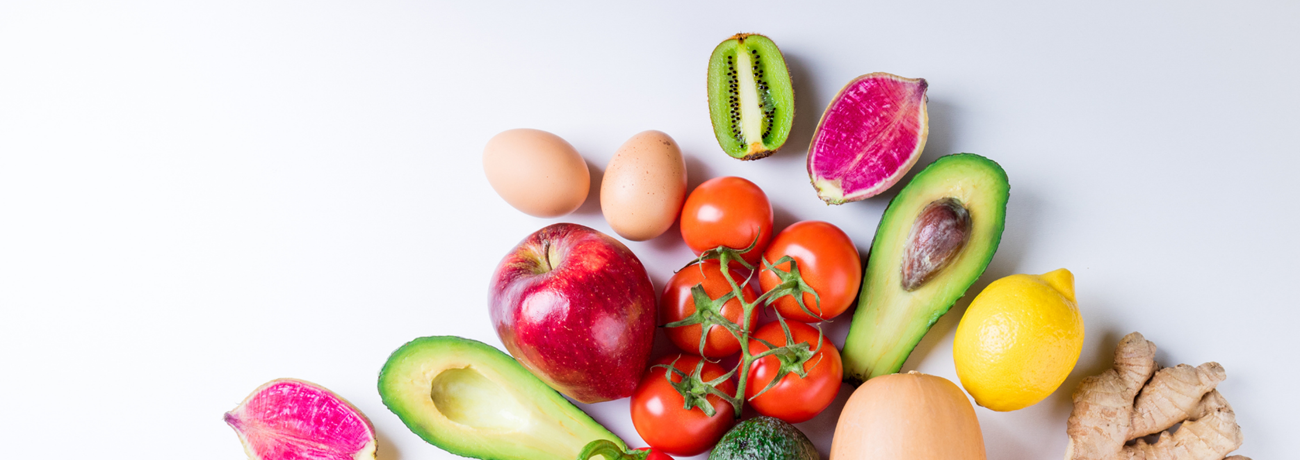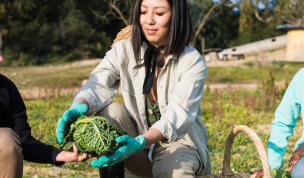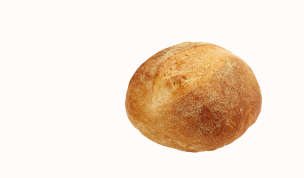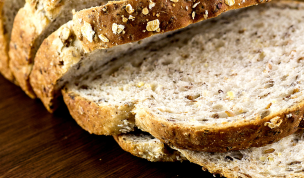Helping create healthy habits in kids

According to media reports recently, results of the soon to be released NSW Schools Physical Activity and Nutrition Survey indicate more than a fifth of Australian children are overweight or obese.
And aside from a lack of exercise, the report suggests low health literacy and factors such as poor sleep may be contributing to this alarming figure.
Long-term, this means a growing number of children could become adults with increased risks of developing long-term health conditions such as diabetes and cardiovascular disease.
As parents, it can be hard to navigate the amount of health information available to guide your children. Starting the conversation at home with the right information can enable children to take control of their health and help them make positive choices. Teaching your children healthy eating habits can go a long way to help them live a healthy life.
Habits learnt at a young age can help children become healthy adults. By spending time with your child teaching them about the benefits of eating balanced, nutritious food, your child is more likely to continue a healthy attitude to food into adulthood.
How to instil good habits?
One of the biggest influences on your child’s eating habits is you, so it’s important to lead by example.
Dietitian Caitlin Rabel suggests the following tips to help instil positive attitudes and behaviours towards healthy food:
Ban “good” or “bad” from the dinner table:
“To help prevent feared foods and disordered eating in the future, avoid using positive or negative words when describing food,” she advises. “There is no food that is intrinsically ‘good’ or ‘bad’, it is about the whole lifestyle. Growing up with no foods being restricted (except for necessary medical reasons) will help create a healthy relationship with all foods.”
Eat together
“Sitting down to eat as a family helps build positive habits in your children, and helps parents lead by example,” she says. “It can help create healthy relationships with food, and allow family time at the table. Not eating in front of the TV also helps the focus stay on the food and the action of eating, allowing children to remain aware of their hunger and satiety cues.”
Watch your language
“Be aware of the language you use to describe your body: use words such as strong, confident, active to describe your body, rather than words that describe its physical appearance,” she advises. “If you describe your body as fat, flabby, chubby, ugly etc your children may absorb this. They are then more likely to grow up thinking their self-worth is connected to their appearance. Instead, use body-neutral words that describe your non-physical attributes.”
Make a mess
“Get your kids involved in food preparation: kids can help with preparing food from as soon as they can feed themselves,” she says. “Yes it will be messy, yes it won’t be particularly time-efficient and effective, but they will probably love it. Getting them involved in stirring, chopping (with adult supervision and plastic knives), baking (again, with supervision), or growing herbs can help foster positive relationships with food, and help them have a greater understanding of where their food comes from.”
Get your kids involved in food preparation… AND MAKE IT FUN!











